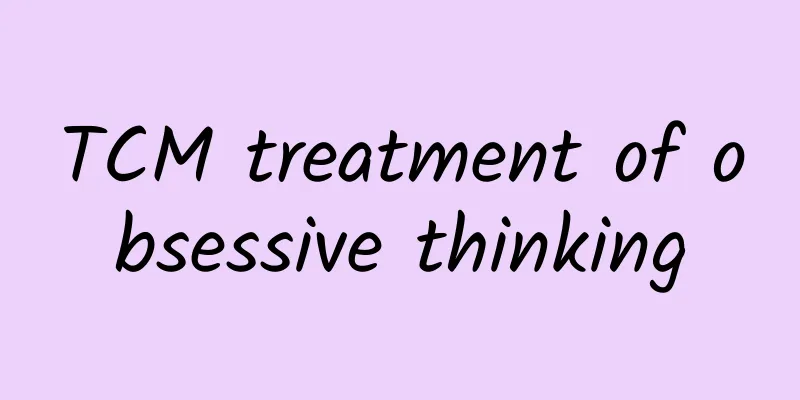TCM treatment of obsessive thinking

|
Obsessive thinking is a relatively common condition. When it occurs, patients will feel very painful and feel that they have some mental disorders. At this time, it is best to use psychological treatment, so that they can adjust their mental state well. Sometimes traditional Chinese medicine can also be used for treatment, which is also a good way to relieve obsessive thinking. Studies have shown that the clinical costs of patients with obsessive-compulsive disorder in psychiatry are greater than those for patients with depression. The reason is related to the clinical characteristics, disease knowledge and medical treatment routes of the two groups of patients with different diseases. The symptoms of obsessive-compulsive disorder during attacks and intervals are not obvious enough, and the symptoms are often affected by psychological factors and sometimes get better and sometimes worse, so treatment is often not timely and the disease is delayed. Or patients lack confidence due to poor results of previous treatments, resulting in poor treatment compliance, which can easily lead to chronic disease and increase the patient's disease burden. Treatment for obsessive thoughts can include: 1. Family psychological intervention. Family psychological intervention is very necessary for obsessive-compulsive disorder. When treating patients, therapists should have more contact with the patients' families and provide them with mental health education so that the patients' parents can have a clearer understanding of the cause, course, treatment, care and prevention of their children's obsessive-compulsive disorder, and relieve their doubts, fears, irritability, depression and other negative emotions caused by their lack of understanding of the disease. 2. Cognitive understanding: It is a kind of psychological therapy that mainly helps obsessive-compulsive disorder patients change their familiarity and gain understanding through explanation, thereby alleviating or eliminating the symptoms. The main treatment process is that the therapist and the patient have a direct meeting and conversation to understand the patient's experience during the conversation. This is a method of treating obsessive-compulsive disorder. 3. Mental health education: Psychological care methods can comprehensively improve the quality of life of obsessive-compulsive disorder patients who are about to return to normal life. They can enhance patients' familiarity with the disease, build self-confidence, actively cooperate with treatment and care, and encourage patients to consciously overcome morbid psychology, eliminate worries, maintain an optimistic mood, and facilitate early recovery. |
<<: Will the pain still persist after the stone is crushed?
Recommend
For the first time! Chinese scientists discovered the chemical remains of the first generation of supermassive stars
(Original title: Appointment with the Starry Sky丨...
Can the medicinal material Angelica be directly soaked in water and drunk?
Angelica is a relatively effective medicinal herb...
"I was infected with Omicron in South Africa": There are 3 symptoms!
The impact of the Omicron strain on South Africa ...
Jute root benefits and effects
Jute root is a traditional Chinese medicine. Ther...
The efficacy and function of cecum grass
Do you know cecum? It is a common Chinese medicin...
The person who commands the satellite in the sky only listens to her orders!
Sun Jiadong, the hero of "Two Bombs and One ...
Effects and functions of Guangzao [picture]
The Chinese medicinal herb Guangzao [picture] is ...
As one of the most important organs in the human body, do you understand your "heart"?
Everyone knows that the heart is one of the most ...
What medicine is best for King Kong Teng?
People will suffer from some diseases in their da...
From "the emperor who sells dung" to "the place where grains are reincarnated", why do we apply fertilizer?
For most of the long time, agriculture, especiall...
What are the uses and effects of ginseng?
There are many rare Chinese medicinal materials i...
Where the Heart “Sounds” – Exploring the Beautiful Sounds of the Heart
Author: Chen Bingwei, deputy chief physician of T...
The efficacy and function of Dryopteris golden crown
In daily life, people are not only very familiar ...
Not all sharks are so vicious!
Key Points ★ Even great white sharks don’t like t...
Pan Zhanle, Zheng Qinwen, Quan Hongchan...they are all extremely relaxed, without any internal friction!
The 2024 Paris Olympics has come to an end. The p...







![The efficacy and function of Crystal Orchid [Picture]](/upload/images/67ca1e98adb8b.webp)

